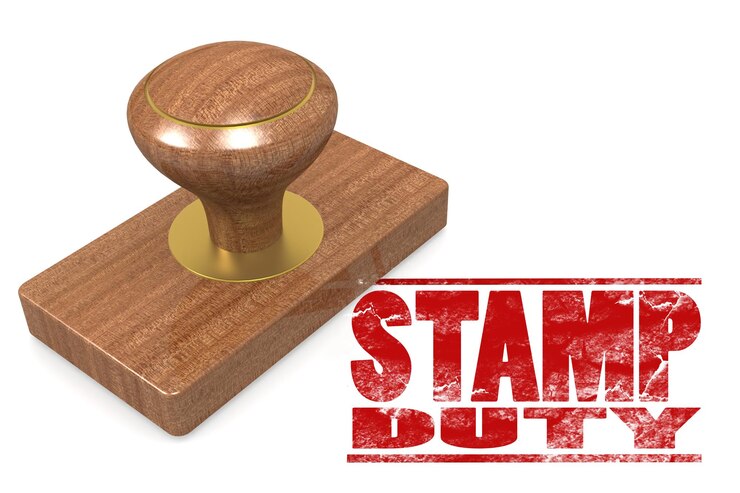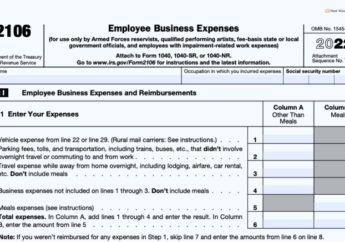What Is Stamp Duty & When Is It Applicable?
by Arnab Dey Finance Published on: 27 July 2023 Last Updated on: 26 September 2024

Stamp duty is a tax that is typically imposed on certain types of transactions, most commonly on the transfer of property or real estate.
In the United Kingdom, stamp duty is paid by the buyer in a property transaction and is calculated based on the purchase price or market value of the property.
The primary purpose of stamp duty in the UK is to generate revenue for the government from property transactions and contribute to public funds. Estate agents in the UK play a crucial role in guiding buyers through the stamp duty implications and providing essential information during property transactions.
Here are some basic things to know about stamp duty and its impact on property buyers.
1. Property Purchases:
The most common application of stamp duty in the UK is on residential and commercial property purchases. When someone buys a property, they are required to pay the applicable stamp duty to the government.
2. Second Homes and Buy-to-Let Properties:
In 2016, the UK government introduced an additional stamp duty surcharge on second homes and buy-to-let properties. This means that buyers of such properties pay an extra percentage on top of the standard stamp duty rates.
3. Stamp Duty Thresholds and Rates:
Stamp duty rates in the UK are structured in tiers, where different portions of the property’s value are taxed at different rates. The rates and thresholds can vary over time and are subject to government policy changes.
4. Revenue Generation:
The revenue generated from stamp duty plays an essential role in funding public services and infrastructure projects across the country. It contributes to various sectors such as healthcare, education, transportation, and other government initiatives.
5. Tax Planning and Policy:
In addition to generating revenue, stamp duty is sometimes used by the government as a policy tool to influence the property market. Adjusting stamp duty rates and thresholds can affect property demand and prices, and policymakers may use it to regulate the property market’s dynamics.
6. Compliance and Enforcement:
The UK government and tax authorities closely monitor and enforce stamp duty regulations to ensure compliance. Buyers are required to submit the necessary documentation and pay the appropriate stamp duty amount within a specific timeframe after completing the property transaction.

When Is Stamp Duty Applicable:
Stamp duty is typically applicable to various types of property transactions, including:
A. Residential Property Purchases:
Stamp duty is generally applicable when purchasing residential properties, including houses, flats, apartments, and other dwellings. The stamp duty payable is based on various factors, the purchase price or market value of the property being the primary one.
B. Second Homes and Buy-to-Let Properties:
Since April 1, 2016, an additional stamp duty surcharge is applied when purchasing second homes or buy-to-let properties in the UK. The surcharge is an extra percentage on top of the standard stamp duty rates.
C. Land Purchases:
Stamp duty is applicable when purchasing land, whether it’s for development or any other purpose.
D. Commercial Property Purchases:
Commercial properties, such as office buildings, retail spaces, and industrial premises, are also subject to stamp duty.
E. Leasehold Purchases:
When buying a leasehold property, where the buyer owns the property for a set number of years but not the land it stands on, stamp duty is applicable.
F. Shared Ownership Properties:
Stamp duty applies to shared ownership properties based on the portion of the property being purchased. However, first-time buyers may be eligible for relief.
G. Transfers or Gifts of Property:
In cases where property is transferred or gifted to someone else, stamp duty may apply based on the property’s market value.
H. New Residential Property Developments:
For newly-built properties or off-plan purchases, stamp duty is applicable based on the purchase price.
Overall, stamp duty is an essential part of the UK’s taxation system, particularly concerning property transactions. It serves both as a source of revenue for the government and as a tool to influence the property market. As with any tax, it’s essential for buyers to understand the stamp duty rates and thresholds applicable to their specific property purchase and seek professional advice when needed.
Please be aware that the UK Government will alter the stamp duty rates and thresholds from time to time. If you are considering a property purchase in the UK, it’s essential to consult with a qualified professional or check the UK government’s official website for the most up-to-date and accurate information regarding stamp duty rates and applicability in your specific situation.
Read Also:







































































































